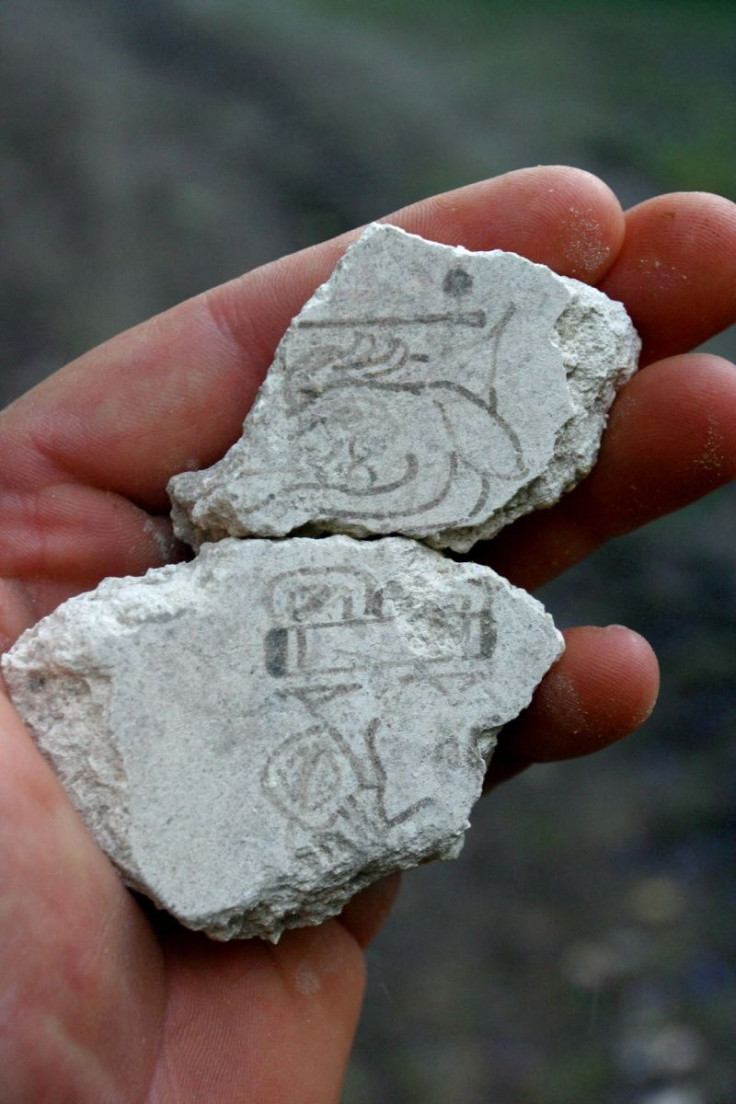Two Americans Arrested In Guatemala For Smuggling Truck Full Of Authentic Mayan Artifacts

Guatemalan police arrested an American man and a woman who were hauling 166 ancient Mayan artifacts in their car, according to reports.
Stephanie Allison Jolluck, 49, and Giorgio Salvador Rosselli, 62, were detained on Sunday, while in a vehicle about 30 miles southwest of Antigua.
Police reported that this was the second time Jolluck was detained for attempting to transport historical artifacts.
Jolluck had been stopped on Thursday at the Guatemala City airport after security found two 1,000-year-old Mayan carvings in her bags. She reportedly told police that she had purchased them in the city of Antigua.
Guatemala's Culture Ministry later identified the basalt carvings as "axes" most likely used in a popular Mayan sports game and estimated to be made between 600 to 900 AD.
She was charged with "smuggling national treasures" and released on bail under the condition that she did not attempt to leave the country.
An archaeologist said that about 90% of the artifacts found in the car were authentic and dated back to pre-hispanic Maya. The Mayan civilization spread from southern Mexico south to Honduras and parts of El Salvador and was most powerful between 250 BC and AD 900.
ABC News reported that the U.S. consulate could not release information on the case out of privacy concerns. ABC News found a woman by the same name as Jolluck has an Instagram account promoting a photography and design business in Antigua.
If found guilty, Jolluck could face charges of trafficking Guatemalan national patrimony.
Antigua, Guatemala, is a popular tourist destination with a large ex-pat community. The Associated Press reported that Jolluck moved to Antigua from Atlanta and has been a longtime resident of Guatemala.
Rosselli is the author of the two-volume book "Masks of Guatemalan Traditional Dances" and is listed as a donor to the La Ruta Maya Foundation. The foundation's primary goal is to recover Mayan artifacts illegally removed from Guatemala.
The AP reported that when pulled over by police, Jolluck and Rosselli argued that they thought the artifacts were cheap reproductions. The couple pressed that because they were foreigners, they could not tell the difference between an authentic piece and a reproduction, claiming they bought the pieces at local markets.
On Monday, Judge Sherly Figueroa released both Jolluckk and Rosselli on bail of $6,400 per person. They can keep their passports but are not allowed to leave the country and must appear at the prosecutor's office every two weeks for the remainder of their case.
Those guilty of smuggling archaeological artifacts under Guatemalan law can face five to 10 years in prison.
© Copyright IBTimes 2025. All rights reserved.





















